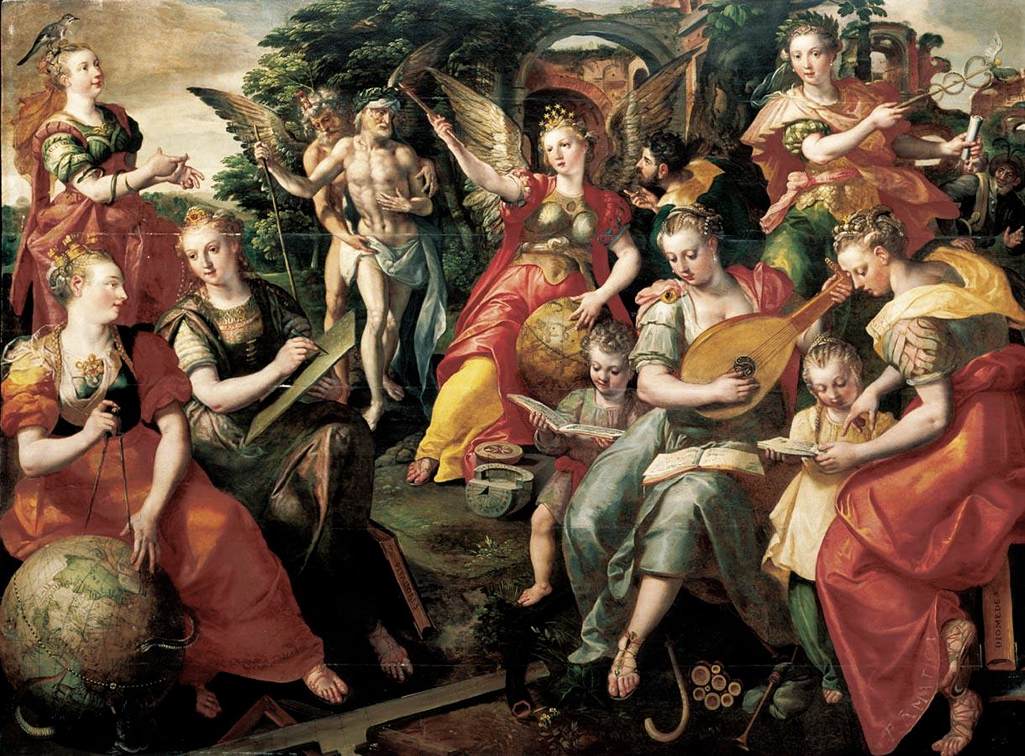Special Courses

As part of our commitment to undergraduate education, our faculty are constantly devising innovative new courses.
Programs for First-Years are listed under First-Year Offerings.
Featured Courses
Below are a list of courses devised in the interdisciplinary spirit of the Humanities Program that are currently on offer. Not all courses are taught by faculty with official appointments in the Humanities Program, but all share the outlook and mission of the Program. HUMS Majors - click here for a more detailed listing showing which major requirements they might fulfill
Core Seminars: Interpretations and Modernities
Humanities Majors are required to take one seminar in “Interpretations” and one seminar in “Modernities.” Both core courses include substantial attention to methodological concerns that are fundamental to the humanities disciplines, and to distinctively humanistic activities like persuasion and interpretation. Click here for more information